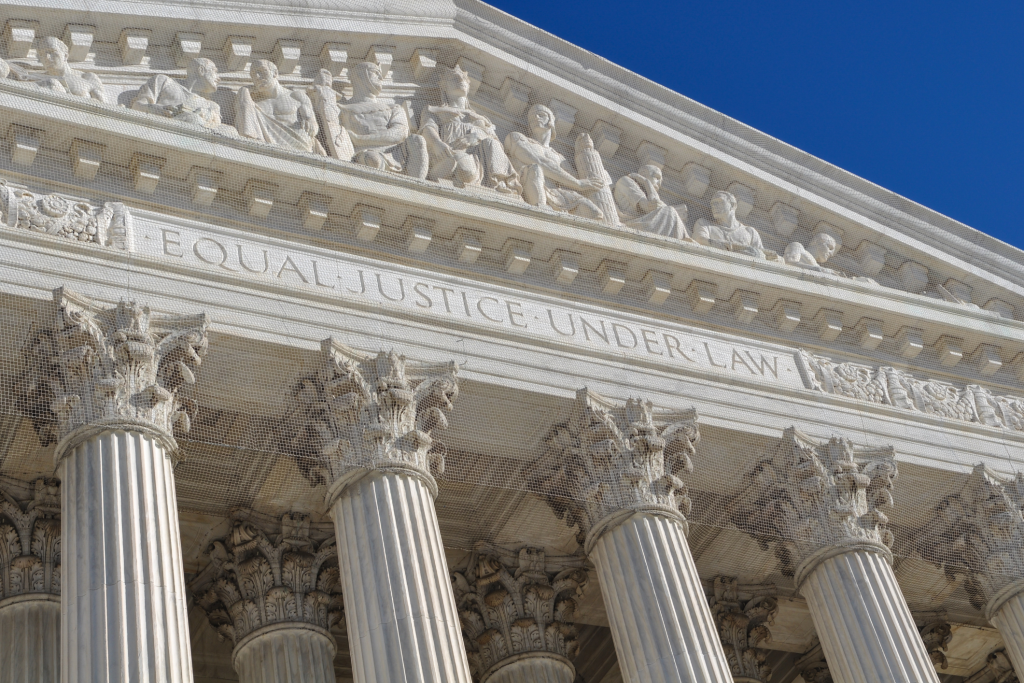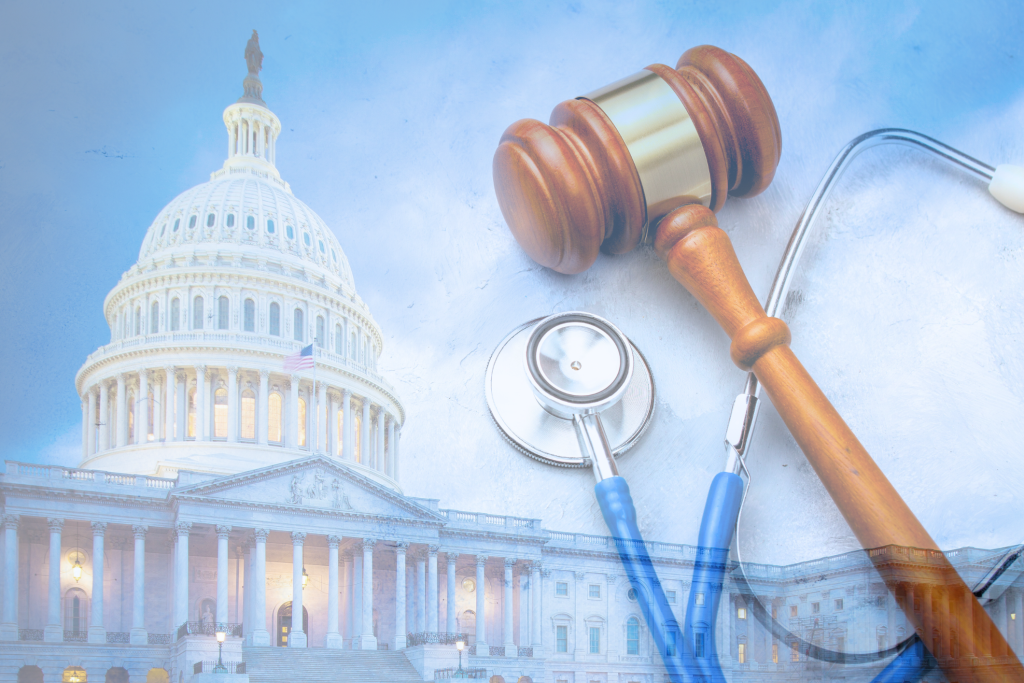Our Work
Publications
Use the filters below to view our work by our various research areas.
July 2025
The Scientists in State Politics Database is a detailed, publicly accessible inventory of state legislators across the United States with educational or professional backgrounds in science, engineering, or healthcare, hosted by the Eagleton Institute of Politics with support from the New Jersey State Policy Lab. The database helps users identify these legislators, explore their areas […]
June 2025
The American Rescue Plan Act’s Coronavirus State and Local Fiscal Recovery Funds (ARPA-SLFRF) represent a historic $350 billion investment to support state and local governments in responding to the economic and public health challenges of the COVID-19 pandemic. Local governments were given flexibility in how these funds could be spent. This study examines how local […]
June 2025
Public support and opinion drive many facets of the criminal justice system and its policies, including changes to sentencing laws and guidelines (Pickett, 2019). Thus, understanding public attitudes towards changes to the system can aid in understanding whether policies or reforms may be positively received and later adopted (Enns, 2016). In our study, we explore […]
April 2025
In 2023 and 2024, the New Jersey Criminal Sentencing and Disposition Commission released its annual report recommending sentencing reform across several areas of the justice system in New Jersey. To reduce racial disparities and increase fairness and equity for all, specific changes were recommended to four areas of sentencing reforms: 1) establishing a mitigating sentencing […]
April 2025
Cannabis • Digital/Tech • Economics • Education • Environment • Health • Housing • Public Administration • R/ECON™ • Transportation • Women, Children, & Families
As the New Jersey State Policy Lab (NJSPL) reaches its fourth anniversary, it is my honor to serve as the Executive Director, working with an incredible team of dedicated professionals to better understand and investigate policy issues impacting the state. The NJSPL was created as the result of a grant from the Office of the Secretary […]
April 2025
Internet access restrictions for prisoners have long been a complicated topic, particularly regarding the overarching goals and whose interests are served by these restrictions. By examining existing literature, we hope to grasp a better understanding of the purpose behind these restrictions and evaluate their implications on prisoners’ rights, rehabilitation, and societal reintegration. It is presumed […]
March 2025
This ongoing project involves the collecting and coding of all appellate decisions in which New Jersey’s higher courts conceded prosecutorial misconduct between 2010 and 2015. Over this five-year period, hundreds of appeals brought before either the Superior Court Appellate Division or the Supreme Court of New Jersey involved concessions of prosecutorial misconduct by the higher […]
March 2025
Developing a policy for internet use in state prisons might appear to be a matter for prison administrators and state officials alone; however, internet access for imprisoned people entails a surprisingly wide body of constitutional law at the federal level as well, balancing the rights of prisoners and the public in complex ways. Much of […]
February 2025
As one of the most significant federal grants to local governments in American history, the American Rescue Plan Act’s Coronavirus State and Local Fiscal Recovery Funds (ARPA-SLFRF) were designed to provide robust support to local governments in addressing the public health and economic challenges arising from the COVID-19 pandemic. As highlighted in a previous New […]
February 2025
When people think of scientists, engineers, or healthcare professionals, they likely imagine them working in labs, hospitals, or industrial buildings. Some, however, are also policymakers at all levels of government, shaping and enacting consequential policies that impact crucial sectors of our society including technology, health, finance, energy and more. As many legislative decisions are complex […]
February 2025
In the past few weeks, President Trump has followed through on his campaign promises to begin terminating climate, environmental justice, and equity-based federal funds and initiatives (among a flurry of other far-reaching, punitive executive actions). There is considerable confusion ongoing regarding which agency funds are frozen, how federal agencies should implement guidance from the White […]
February 2025
New Jersey’s state higher education plan, “Where Opportunity Meets Innovation – A Student-Centered Vision for New Jersey Higher Education” (the Plan), was introduced in 2019. It envisions an ecosystem where every resident can attain high-quality credentials regardless of their circumstances. This report aims to assess how New Jersey has progressed toward the goals of this […]












